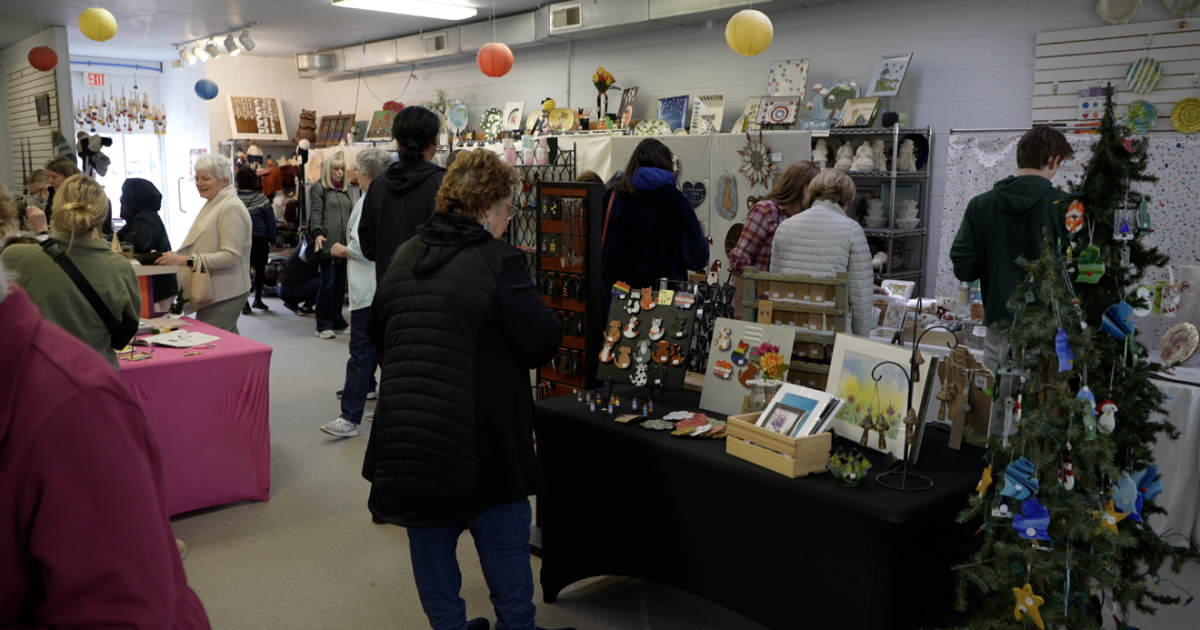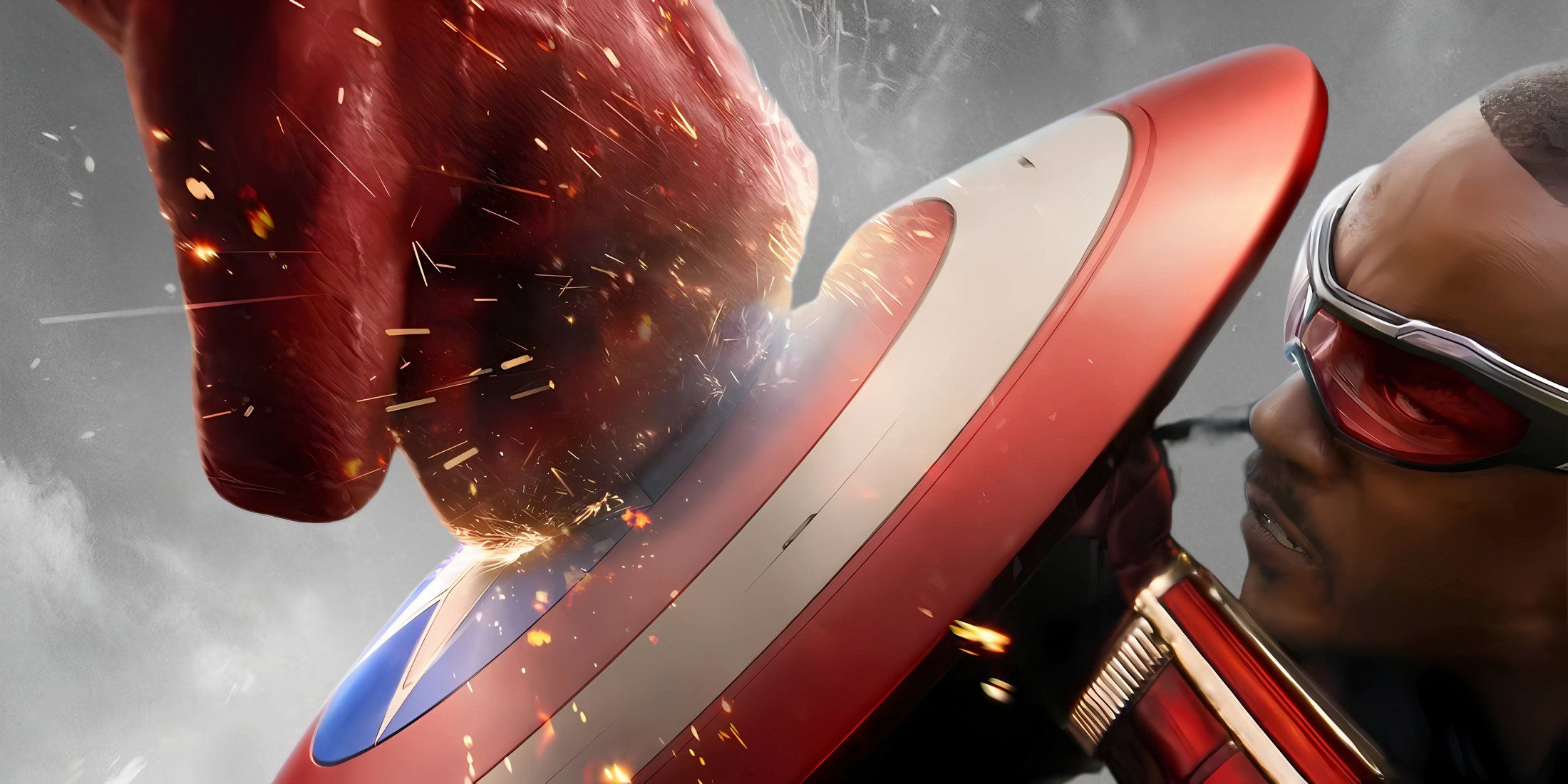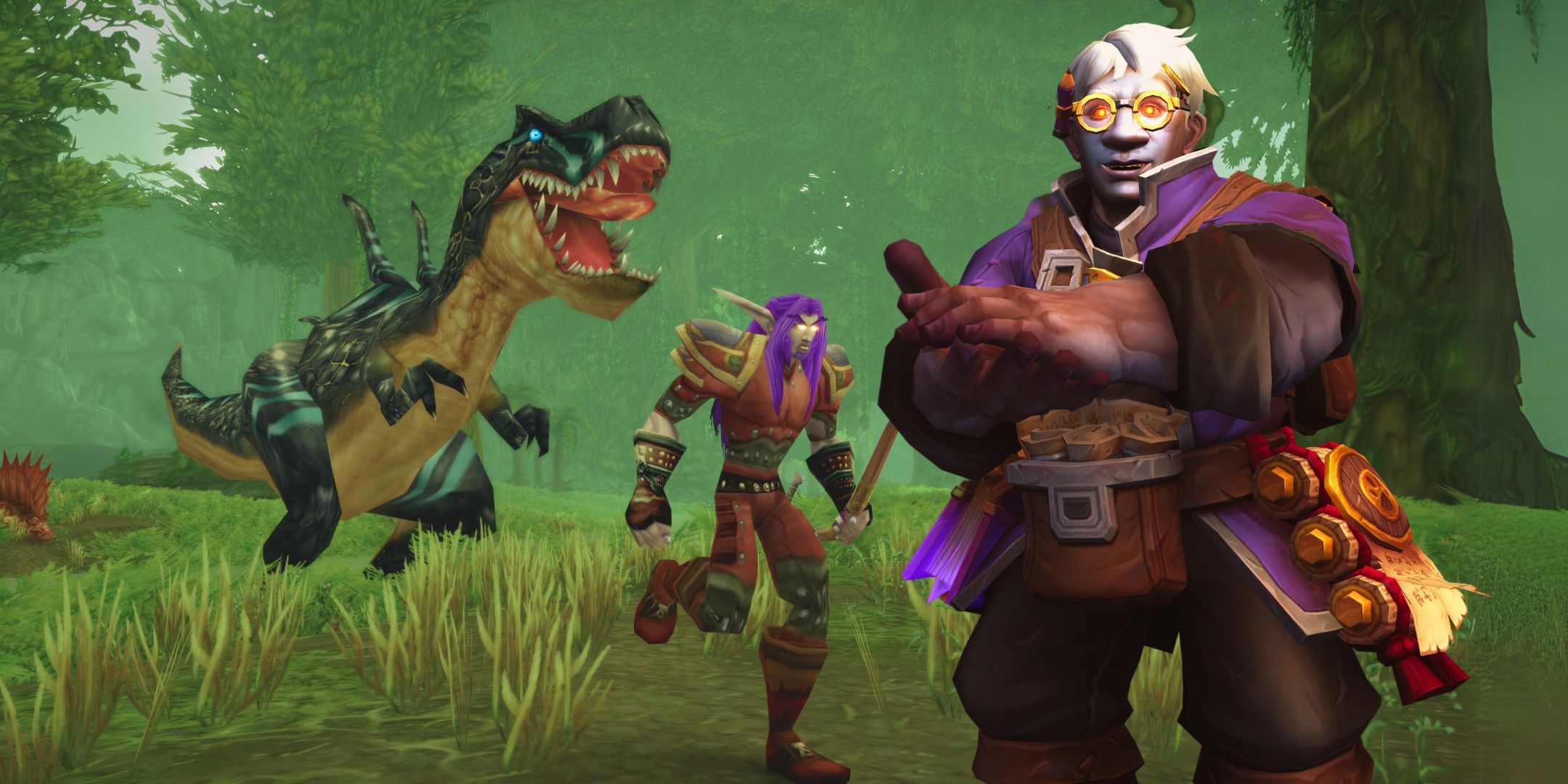It takes less than five minutes for the characters in Heidi Armbruster’s world premiere comedy “Murder Girl” to mention the Packer game.
Armbruster’s new comic mystery, set in 2006 in a small town, family-owned Wisconsin supper club at Christmas, has the believable banter of a Midwest family at the holidays. Forward Theater Company runs “Murder Girl” through the weekend before Thanksgiving, Nov. 24, in Overture’s Playhouse Theater.
Written by Armbruster, a Madison native who has found success in New York as an actor and playwright, “Murder Girl” is stuffed with references to local sports and Wisconsin Old Fashioneds. Between each scene, a familiar Christmas jingle plays (sound design is by Joe Cerqua).
“Murder Girl” opens with twins — Eric, played by Casey Hoekstra, and LeeAnn (Cassandra Bissell) — who can’t seem to stop yelling at each other. Together they run Marty’s Supper Club, named for their late mother.
From left, Sarah Day, Celia Klehr, Cassandra Bissell and Liz Cassarino perform in Heidi Armbruster’s “Murder Girl,” produced by Forward Theater in the Overture Center Playhouse.
Playing servers Charlotte and Other Charlotte (who hates being called that) are real-life lifelong friends Celia A. Klehr, a Forward co-founder and current company manager, and Sarah Day, a decades-long company member at American Players Theatre.
Klehr’s Charlotte is harsher, more jaded, while Day’s Charlotte is warm and trusting. They work with Ted (Casem AbuLughod), arguably the only reasonable character, there to stop his coworkers from making rash decisions.
The twists of “Murder Girl” begin when another waitress, Jen (Liz Cassarino), appears on television to report that her 25-year-old daughter Emily has been found murdered in the woods. Now the supper club is the site of a whodunit, and everyone’s pointing fingers.

Forward Theater presents the world premiere of “Murder Girl” in the Overture Center Playhouse through Nov. 24.
As directed by Jen Uphoff Gray, “Murder Girl” presents what feels like a true Midwestern family. Hoekstra and Bissell seem like siblings, and when Bissell’s LeAnn grows frustrated, Ted can easily calm her down. The set, designed by Steve Barnes, feels intimate, as characters run in from the snow, stomping their boots and shivering.
The twists and turns of “Murder Girl” are engaging, as Armbruster cleverly plants clues while not showing her hand. It’s tempting to try to solve the puzzle, like a game of “Clue.”
And despite the murder talk, the vibe is nostalgic. A Spotted Cow sign behind the bar and pictures on the walls reminds me of my own small town Wisconsin memories.
Everyone’s values are challenged as these characters turn against each other in the wake of the murder. Who, and what, will win? The family ties they have built through the years? Or the fear and hurt from the past?











